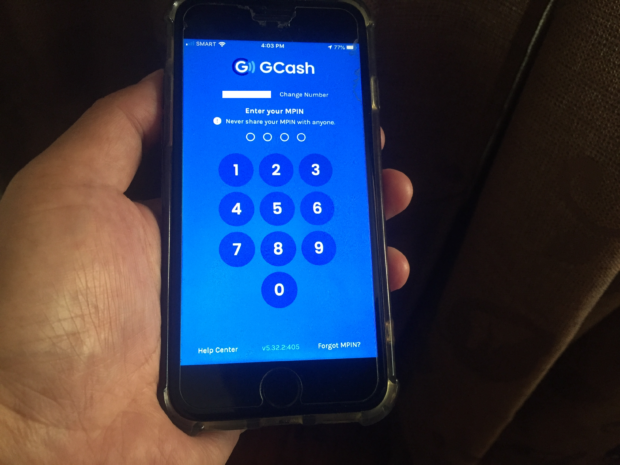Solon urges large banks to defer reimposing fund transfer fees until Dec. 31
MANILA, Philippines — A lawmaker urges the country’s biggest banks to defer reimposing fees for online fund transfers at least until December 31 this year.
House Deputy Majority Leader and Bagong Henerasyon Rep. Bernadette Herrera made the appeal, saying it is only “proper” for banks to “continue providing relief to their distressed clients by extending their waiver of fees for online fund transfer,” especially as the country continues to grapple with the coronavirus pandemic.
The BSP earlier urged all entities under its regulation to waive such fees to encourage the public to use online banking to slow down the coronavirus spread.
However, Herrera said that starting Thursday, October 1, several banks are reimposing interbank fund transfer fees.
Meanwhile, the lawmaker said Land Bank of the Philippines, Development Bank of the Philippines, Union Bank of the Philippines, Asia United Bank, Security Bank Corp., Sterling Bank of Asia, Standard Chartered Bank, and Hongkong Shanghai Banking Corp. have agreed to suspend fund transfer fees until December 31.
Article continues after this advertisement“If smaller banks can afford to forgo income from fund transfer fees, I don’t see any reason why large banks could not do the same,” Herrera said.
Article continues after this advertisement“Small things like temporarily waiving fees for digital fund transfers help ensure more people do online transactions when people are staying home and social distancing is encouraged,” she added.
In a statement released Thursday, Herrera also slammed the decision of GCash and PayMaya to start charging their customers fees for the use of PESONet and InstaPay e-payments mechanisms starting October 31.
“The other financial institutions opted to waive e-payment charges until December 31 this year. They made [a] prudent and compassionate decision,” Herrera said.
“For the poor, who have been using e-payments for the first time during this pandemic, the fees would be yet another disincentive to use e-payments. They would go back to have little or no access to financial services. They will go back to being unbanked,” she added.[ac]
RELATED STORIES
